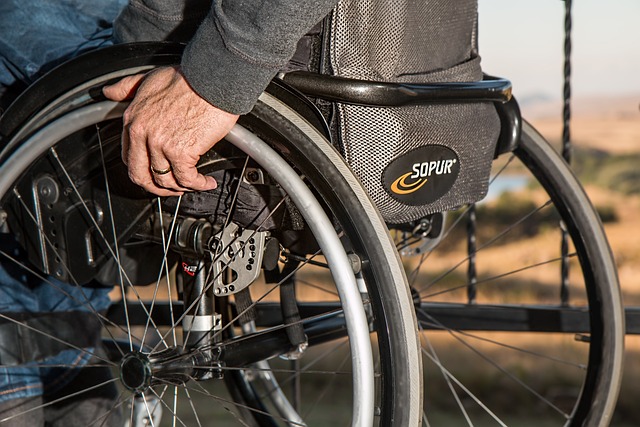Finding Refundable and Changeable Ticket Options: What to Check
When planning travel, choosing refundable or changeable tickets can protect plans without guaranteeing full flexibility. Before booking, it helps to understand airline policies, third-party booking rules, and what documents you’ll need if changes or refunds become necessary. This overview explains common terms, fees, and practical checks to make so you can balance savings against the security of being able to modify dates, carriers, or connections. The guidance also touches on related arrangements—like accommodation, rental car reservations, and on-the-ground options such as scooters or ship travel—that may be affected when you alter flight details.

Documents: What should a traveler carry?
Confirming eligibility for refunds and changes often starts with paperwork. Keep booking references, payment receipts, passport and visa copies, and identification easily accessible. If your fare requires proof of unexpected events (medical emergencies or travel advisories), letters from medical providers or official notices can support refund claims. When dealing with third-party agents or consolidators, document all communications—emails and chat transcripts—because they can influence dispute resolution. Carrying digital copies alongside physical ones helps when interacting with airline apps or airport kiosks.
Traveler flexibility: How to assess change policies?
Assess changeability by reading the fare rules: note how many alterations are allowed, whether rebooking is permitted to a different route, and whether fare differences apply. Some flexible fares allow unlimited date changes for a fixed fee, while others permit free changes within a short window after booking. Consider interaction with travel insurance: some policies reimburse penalties for covered reasons. Look for explicit language about refunds versus credits; credits often expire or have usage restrictions that affect long-term plans and potential savings.
Hotel and accommodation: How changes affect bookings?
When you alter flights, lodging plans often need adjustment. Check hotel cancellation and modification policies so you won’t face double penalties. Many hotels offer flexible rates with free cancellation up to a specified date; others provide nonrefundable savings but with more restrictive terms. Coordinate timing with check-in windows and any pre-paid services like breakfast or spa packages. For stays involving ship departures or remote guesthouses where arrival times are fixed, refundable or changeable flight options can preserve overall trip continuity and reduce stress.
Rental car and scooter: What to expect with changes?
Vehicle reservations, whether rental car or scooter, usually have separate modification rules. Standard rental providers permit free changes up to 24–48 hours before pick-up, but some discounted rates are nonrefundable. When flights are delayed or rerouted, contact rental suppliers to extend holds or adjust pick-up locations; insurers or credit card benefits may cover extra costs in specific scenarios. If you plan to combine a rental with public transit, check refund windows for multi-leg plans and how saving on one service could increase costs elsewhere.
Comfort and relaxation: How ticket flexibility affects trip plans?
Flexible tickets can protect your comfort and relaxation by lowering the stress of missed connections or sudden cancellations. If comfort matters—allowing time for rest, insured rebooking to a more convenient itinerary, or selecting seats with more legroom—factor those preferences into the fare choice. Some upgraded fares include additional benefits such as priority boarding or lounge access, which support relaxation during changes. Consider the trade-off between upfront savings on a restrictive fare and the potential inconvenience or extra expenses when plans shift.
Cultural immersion and interaction: Planning with refundable options
If your trip focuses on cultural immersion—local food, entertainment, and personal interactions—flexible tickets reduce the chance that a missed flight derails planned experiences with guests or hosts. When invitations from hosts or guided activities hinge on arrival times, refundable or changeable fares provide time leeway for spontaneous plans like extended stays for friendship-building or additional local hospitality. Use flexible bookings to adapt to on-site discoveries, whether that means taking a ship to nearby islands or staying an extra night at a hotel to deepen cultural exchange.
A final consideration is the ripple effect of a changed flight: refunds and modifications for accommodation, ground transport, and activities often follow different rules, so review each supplier’s terms before committing. Keeping thorough documents and clear communication with providers helps in resolving disputes and maximizing possible savings while preserving the flexibility you need for a smoother travel experience.




